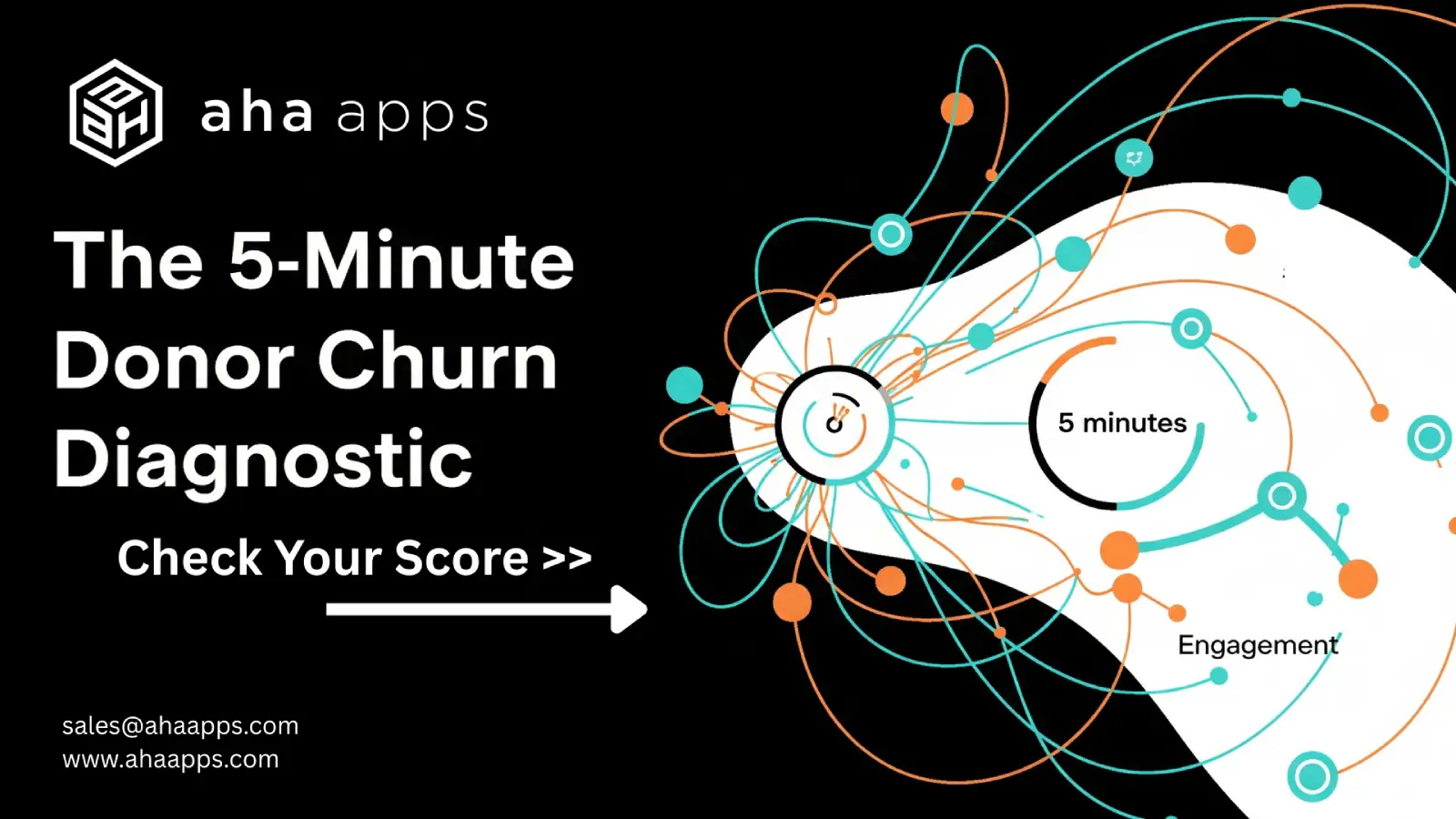 What are the Ethical Concerns with Some Fundraising Platforms?
What are the Ethical Concerns with Some Fundraising Platforms?

Beyond the direct costs, certain practices prevalent among some fundraising platforms for nonprofits raise significant questions regarding nonprofit fundraising ethics. These concerns go to the heart of maintaining transparency and trust with your supporters:
Transparency & Donation Destination: The tipping fundraising platforms model, especially with pre-checked boxes or unclear language, can obscure where a donor’s money actually goes. Are donors fully aware that a substantial portion of their intended gift might be diverted to the platform provider rather than directly supporting your mission? True fundraising platform transparency requires absolute clarity at the point of donation.
Who really controls your donor data on these platforms?
“Control” isn’t just about exporting data—it’s about your ability to use it without penalty.
On “freemium” platforms, your control is limited. You can’t run the custom reports, automations, or segmentation you need to be effective. Your data is locked in a “read-only” state until you pay for the features to unlock it. * On “per-record” platforms (like our competitor Bloomerang ), your budget is held hostage. You are penalized for succeeding. Every new donor you acquire costs you more money in platform fees.
This is a broken model. Aha Impact gives you true control by providing unlimited records. We want you to grow your community, and we will never send you a surprise bill for doing it.
Consent & Brand Control: The recent GoFundMe nonprofit controversy, where 1.4 million pages were created without consent, is a stark example of platforms potentially misusing a nonprofit’s brand and reputation. Launching donation pages or campaigns in your name without explicit permission violates fundamental principles of nonprofit fundraising ethics and autonomy. You lose control over your messaging and how your organization is presented online.
As emphasized by the Nonprofit Learning Lab, nonprofits must choose tools and partners that actively protect and enhance donor relationships, rather than potentially exploiting them. Evaluating platforms based on their ethical practices and commitment to genuine fundraising platform transparency is just as important as evaluating their features and costs. Sacrificing donor trust nonprofit principles for convenience or perceived savings is rarely a worthwhile trade-off.
Learn more about navigating the ethical landscape, asking the right questions, and protecting your nonprofit’s reputation and donor trust. Dive into our comprehensive blog post now.
Read the Blog: The Hidden Cost of “Free” Fundraising Platforms for Nonprofits: Is Your Donor Trust at Risk?


